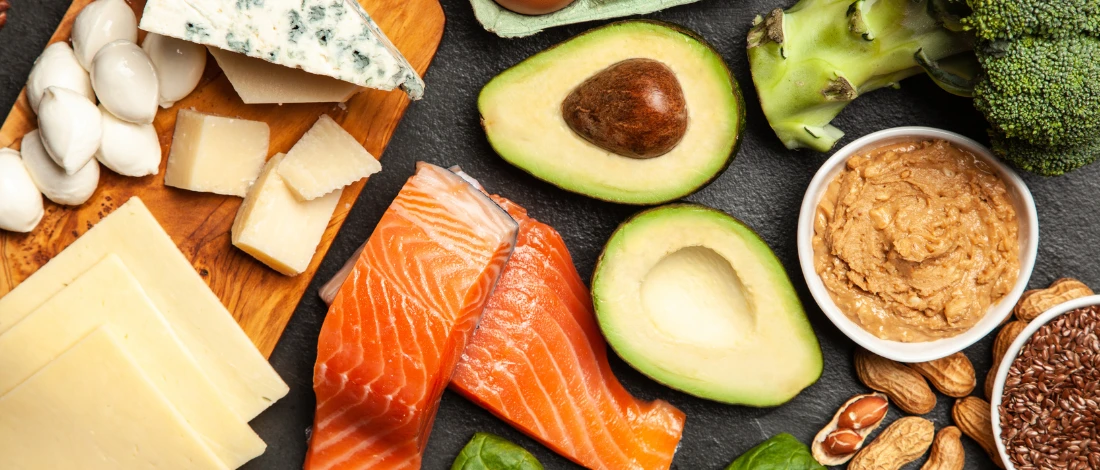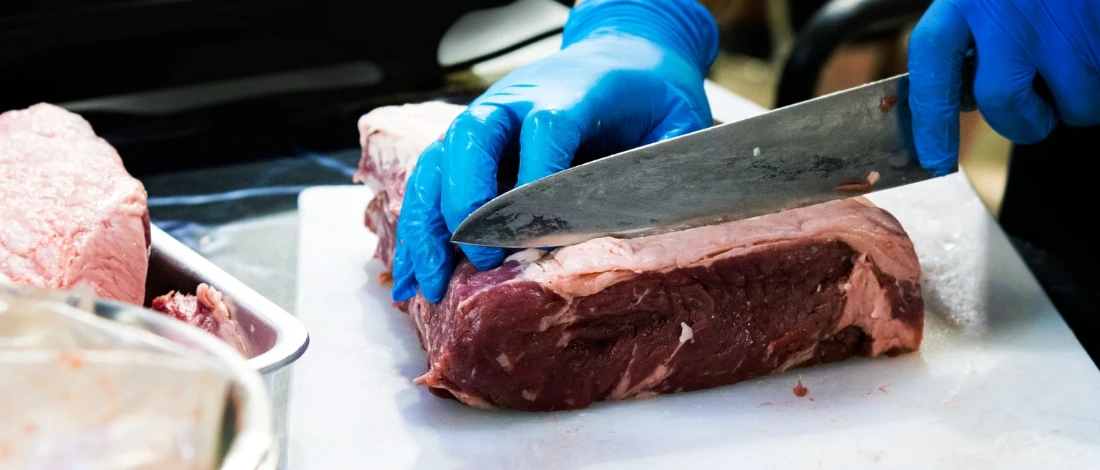3 New Studies Reveal Weight Loss Isn’t Just About Diet and Exercise
Weight loss has long been boiled down to two simple concepts: eating less and exercising more. However, this advice, often repeated by doctors, is outdated. New research and studies indicate that the reality of weight loss is far more complex.
According to Dr. Whit Roberts, D.C., of Health Utah, there are lesser-known factors affecting weight gain and loss, such as chronobiology, gut health, and surprising dietary truths.
Here are three key findings from recent scientific studies that may change how you approach your weight loss journey.
1. Chronobiology: When You Eat Matters
Chronobiology, the study of how natural rhythms (such as the sun and moon) affect bodily cycles, won the Nobel Prize in medicine in 2017.
Dr. Roberts explains that these rhythms also influence how the body processes food, which has significant implications for weight loss. While intermittent fasting has become popular, the timing of fasting is crucial.
The body’s metabolic response to food changes throughout the day. In the morning, your body converts food into glycogen, a short-term energy source, which helps burn fat. However, in the evening, the body is preparing for sleep and is more likely to store those same calories as fat.
As Dr. Roberts puts it, “Skipping dinner is far more effective than skipping breakfast for losing weight.”
2. Bad Bacteria in the Gut
Gut health plays a critical role in weight management. Research shows that an imbalance of bacteria in the gut can lead to weight gain, even in individuals who follow a strict diet and exercise routine.
This was the case for one of Dr. Roberts’ patients, Tory, who gained 40 pounds in six months despite maintaining her usual diet and hiring a personal trainer.
After two rounds of antibiotics, the balance of good and bad bacteria in Tory’s gut was disrupted, allowing bad bacteria to flourish. These bad bacteria thrive on sugar and processed foods, contributing to weight gain.
By addressing this imbalance through targeted treatments, Tory was able to lose 45 pounds, regain her energy, and reduce her anxiety.
3. Surprising Dietary Truths: Chicken vs. Beef
Most people believe that chicken is a leaner, healthier option than beef. However, Dr. Roberts cites studies showing that chicken, when consumed regularly, can actually contribute to weight gain.
Eating just one chicken breast every 10 days has been linked to significant weight increases. This challenges the commonly held notion that chicken is a diet-friendly choice, and it raises questions about the accuracy of mainstream dietary recommendations.
A Holistic Approach to Weight Loss
These new studies highlight that weight loss is more than just calorie counting and cardio. It involves understanding the body’s natural rhythms, maintaining a healthy gut, and debunking popular dietary myths.
Dr. Roberts emphasizes that stubborn weight gain can also be influenced by a range of factors, including toxins, hormone imbalances, infections, and even emotional stress.
At Health Utah, Roberts and his team use evidence-based methods to identify and address these underlying causes. By tailoring weight loss protocols to individual needs, they aim to help patients achieve long-lasting results.
To explore how a carnivore diet can help balance gut health and debunk common weight loss myths, visit our homepage.






